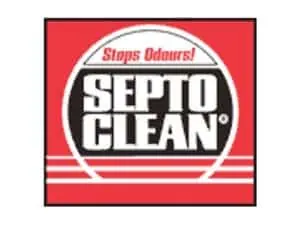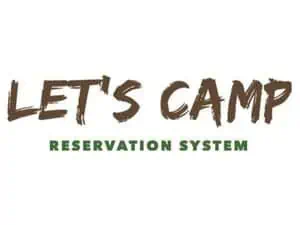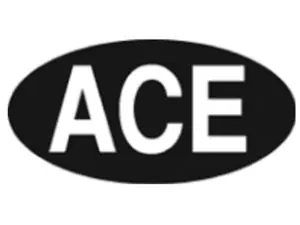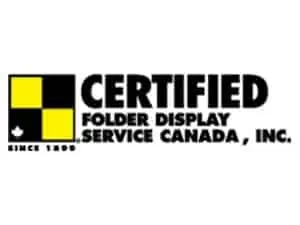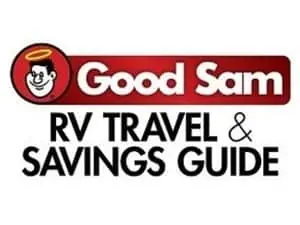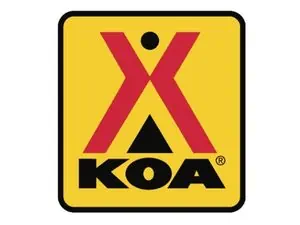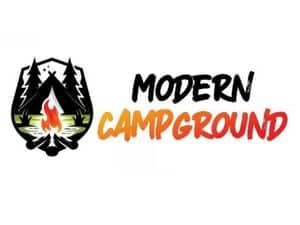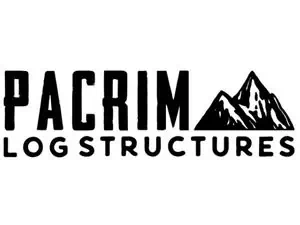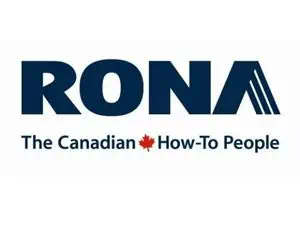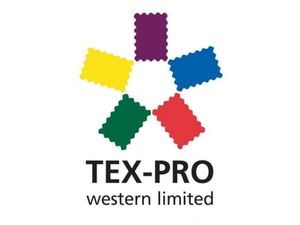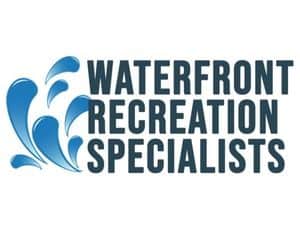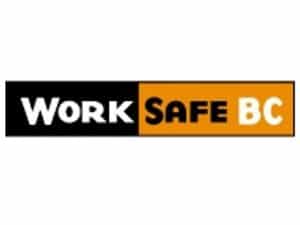Members FAQ Toolbox
Members FAQ Toolbox
Members FAQ Toolbox – Answers to questions such as abandoned vehicles, waivers, volunteer hosts, long term stays and others.
Just wondering if there is any issue with our longer term stay guests getting mail delivered to our address. If they use our address does that mean they are now “living” with us? I am happy for us to accept mail, but I do not want us to become a landlord.
Answer: The advice is to have them obtain a post office box at a mail outlet or a UPS store. By them having mail redirected to you it creates one more factor that leans towards a dispute being ruled as a tenancy in the unlikely event that a guest files for arbitration.
Mail is only one aspect now of personal shipping and receiving. With Amazon, FedEx and Purolator being invited to deliver by guests staying, the advice is do not sign for any packages that arrive for them, they must be home in their RV to receive packages from couriers.
I wanted to follow up on the Campground Waivers we had all guests’ sign. Now that our season is complete, is it safe to shred these waivers after holding for 30 days?
Answer: Waivers are a legal document, and the statute of limitations is currently 2 years. That should be minimum length of time to keep waivers. You can scan them, shred the originals, and keep them stored electronically.
Record keeping for the Canadian Anti Spam Legislation mentions removing records two years after the client purchases a product/service or six months after an inquiry.
Some operators err on the side of caution and keep all records per the requirement of CRA to keep financial records for six years.
Winter camping rates per site – what is fair?
I am charging daily winter camping rates of $35 per site plus GST and wanted to know what most people are charging RV snowbirds as some people have balked at paying this rate?
Answer: Our informal survey of members, who have informed us they are accepting winter snowbirds for the 2022-23 season, shows rates ranging from a low of $20 per site per night to $50 per site. This equates to 30 days being a low of $600 to a high of $1,500 plus GST. Most RV Parks are also charging extra for electricity consumption. Please note that hydro must be passed on at cost and cannot be marked up.
Please explain the Tenancy Agreement vs. License to Occupy Guidelines?
Updated Residential Tenancy Policy Guideline 9. Tenancy Agreements and Licenses to Occupy
A recent license to occupy ruling in favour of RV park residents in Surrey (the case was reported in the press see: https://www.cbc.ca/news/canada/british-columbia/rv-park-residents-in-surrey-win-tenancy-battle-1.5521825) has resulted in the Residential Tenancy Branch updating Guideline 9. Tenancy Agreements and Licenses to Occupy. Attached are the guidelines reworked in May 2020 or visit https://www2.gov.bc.ca/assets/gov/housing-and-tenancy/residential-tenancies/policy-guidelines/gl09.pdf
To some degree the rewrite clarifies the relationship in an RV park or campground, however it recognizes that, while the Manufactured Home Park Tenancy Act (MHPTA) is not intended to apply to seasonal campgrounds occupied by wheeled vehicles used as temporary accommodation, there are situations where an RV may be a permanent home if occupied for ‘long continuous periods.
As a result, if the home is a permanent primary residence, then the MHPTA may apply even if the home (trailer, motorhome etc.) is in an RV park or campground. This in effect describes the snowbirds who live in an RV year-round and have no other primary residence. So even though members rent campsites under a licence to occupy if the guest files for an arbitration hearing for being evicted at the end of the licence to occupy term, with the tenancy branch, they may be considered tenants under the act, which changes the relationship.
The guidelines point out several factors which lean towards the relationship being a licence to occupy rather than a tenancy and these need to be strictly followed by campgrounds and RV parks.
As well, BCLCA’s recommendation is not to rent to guests for longer than 6 months, which is close to the 180 days that many municipalities have for length of stay restrictions in their campground bylaws. The guidelines also talk about zoning and the fact that local bylaws do not invalidate a tenancy agreement.
Do you have a sample waiver template that I can amend for our operations use?
Answer: Sample Waiver
A registration waiver for guests to sign or accept online when making a reservation and to be sent with their confirmations. The waiver should be used with caution and after review by the businesses lawyer to be amended to the particular business situation and risks.
NOTICE TO USERS OF THE RESORT FACILITIES
Assumption of Risk and WAIVER and Release of Claims
PLEASE READ CAREFULLY – These conditions will affect your legal rights.
“Activities” shall mean, without limitation, all activities in any way associated with or related to water sports, recreational vehicle camping, hiking, fishing and any recreational activities offered by (INSERT PROPERTY NAME), including training and instruction, as well as but not limited to use of play structures, picnic areas, fields, sports fields, beaches, lakes, man-made lakes, swimming pools, parks, trails, walking paths, roads, grounds and parking lots.
“Property” shall mean, without limitation, any premises, lands, buildings, facilities, play structures, fields, sports fields, beaches, lakes, man-made lakes, swimming pools, parks, trails, walking paths, roads, grounds and parking lots and equipment owned or leased by (INSERT PROPERTY NAME).
“Resort User” shall mean all adults, children or wards in the registered parties group.
In consideration of (INSERT PROPERTY NAME) allowing the RESORT USER onto its Property to use and enjoy the Property and to participate in Activities, the RESORT USER agrees as follows:
- The Resort User assumes and accepts, without limitation, all risks and dangers associated with the RESORT USER’S use and enjoyment of the Property and participation in any of the Activities.
- The Resort User ASSUMES FULL RESPONSIBILITY for understanding and following the rules and safe practices associated with the use and enjoyment of the Property, participation in any of the Activities, and for his or her own personal safety.
- The Resort User WAIVES ANY AND ALL CLAIMS that he or she has or may have in the future against (INSERT PROPERTY NAME) and its parent, subsidiaries and affiliated entities and their respective directors, officers, employees, agents, volunteers, contractors and assigns arising from or connected, directly or indirectly, with the RESORT USER’S presence at, or use and enjoyment of the Property, and the RESORT USER’S presence at, or participation in, any of the Activities.
- The Resort user RELEASES (INSERT PROPERTY NAME) from any and all liability for any loss, damage, physical injury, illness or expense that he or she may suffer or incur by reason of his or her presence at, or use and enjoyment of, the Property, and presence at, or participation in, any of the Activities, due to any cause whatsoever, INCLUDING NEGLIGENCE, BREACH OF CONTRACT, OR BREACH OF ANY STATUTORY DUTY OF CARE, INCLUDING ANY DUTY OF CARE OWED UNDER ANY APPLICABLE OCCUPIERS’ LIABILITY LEGISLATION ON THE PART OF (INSERT PROPERTY NAME), OR OTHER PARTICIPANTS, OR ANYONE ELSE.
The CRA definition states “Camping accommodation means a campsite at a campground or recreational trailer park in Canada that is rented continuously as a place of lodging for periods of less than one month to the same individual. It includes water, electricity, and waste disposal services if provided with the campsite and accessed by an outlet or hookup at the campsite.” GST does apply to all of these site rentals.
A member asked does the Residential Tenancy Act apply to my extended stay monthly rentals in the motel. I have workers staying for 3 months as well as a person building a new home in the area.
Answer: The Residential Tenancy Act does not apply to living accommodation occupied as vacation or travel accommodation. This includes hotel rooms and vacation rentals such as Airbnb’s. However, the act will generally apply if a vacation rental is rented under a tenancy agreement.
Some factors that may determine if there is a tenancy agreement are:
- Whether the agreement to rent the accommodation is for a term;
- Whether the occupant has exclusive possession of the hotel room;
- Whether the hotel room is the primary and permanent residence of the occupant.
- The length of occupancy.
An example of a situation where the Act would apply is a winter chalet rented for a fixed term of six months.
The Employment Standards Act (ESA) is designed to protect employee rights. When a volunteer host undertakes many tasks, such as collecting camping fees from campers; working a minimum number of hours per day and/or days per week; staying overnight in the campground, cleaning sites and washrooms etc. The volunteer host will likely be considered an employee under the ESA and should be paid for the hours they work including vacation pay and allowed time off work per the provisions of the Act.
For more information, please read the article “RV and Campground Hosts: Volunteer or Employee?” provided by Ryan Anderson, an employment lawyer with Mathews Dinsdale & Clark LLP and published by go2Hr at:
RV and Campground Hosts: Volunteer or Employee? | Tourism Info | go2HR
PST and GST on long term cabin rentals
For PST and MRDT if you rent the accommodation to the same person for a continuous period of 27 days or more it is an exempt supply and tax should not be collected. Attaching the bulletin that explains the rules.
For GST the government states – Some supplies are exempt from the GST/HST – that is, no GST/HST applies to them. This means that you do not charge the GST/HST on these supplies of property and services, and you are generally not entitled to claim ITCs on property and services acquired to provide these supplies. Generally, you cannot register for the GST/HST if your business provides only exempt supplies; one exception is if you are a listed financial institution resident in Canada.
The following are examples of exempt supplies:
- most long-term residential accommodation (of one month or more) and residential condominium fees.
- accommodation rented for $20 or less for each day of occupancy
The rental of a residential unit is exempt if the unit:
- qualifies as a residential complex, or is a residential unit (for example, a hotel room, suite, or apartment) in a residential complex; and
- is rented as a place of residence or lodging by the same individual for a continuous period of one month or more.
You need to establish if your cabins and or business qualify as a residential complex see GST Information for the Travel and Convention Industry https://www.canada.ca/en/revenue-agency/services/forms-publications/publications/rc4036/gst-hst-information-travel-convention-industry.html the section Is my establishment a residential complex.
This question and variations are posed to the BC Lodging and Campgrounds Association several times a year by operators faced with removing an unwanted vehicle on their property. The operators pose the question as they are not sure what authority they have to act and who can assist them in removing the vehicle.
The answer lies in section 192 of BC’s Motor Vehicle Act, which includes details on how to handle the parking of vehicles without consent of the owner.
The section reads:
Parking on private property
192 (1) If a motor vehicle or trailer is left without the occupier’s consent on private property in a municipality, treaty lands or Nisga’a Lands or for a period exceeding 72 hours on private property not in a municipality, treaty lands or Nisga’a Lands, the owner of the motor vehicle or trailer is deemed to have authorized and empowered the occupier to be the owner’s agent for the purpose of towing it to a place of storage and of storing it.
(2) The agent has a lien against the motor vehicle or trailer for all reasonable advances made or charges incurred in connection with the towing and storing of it in the course of the agency.
(3) The procedure respecting enforcement of the lien must be governed by the Warehouse Lien Act.
“Park Model Trailer” is a recreational unit that meets the following criteria: It is built on a single chassis mounted on wheels; It is designed to facilitate relocation from time to time; It is designed as living quarters for seasonal camping only and may be connected to those utilities necessary for operation of installed fixtures and appliances; and it has a gross floor area not exceeding 50 m2 when in the set up mode, and has a width greater than 2.6m in the transit mode. A Park Model Trailer is manufactured in accordance with CSA Z-241 series of standards.
The biggest difference between a park model and other RVs is that a park model is towed to a seasonal site and often setup with decks, coverings, and more permanent fixtures to give you the feeling of permanency but still offering the option of relocating to a different location at some future date.




